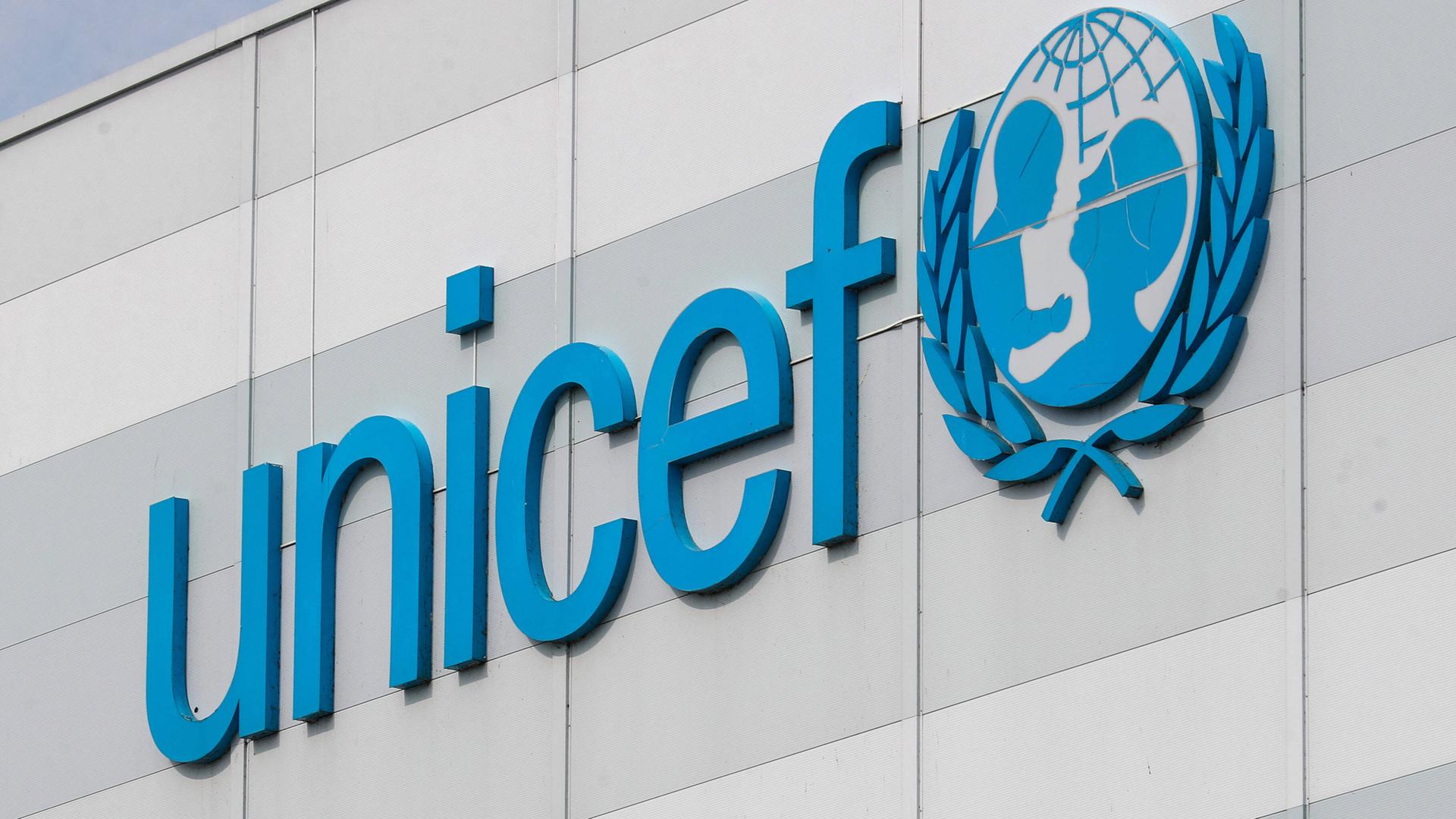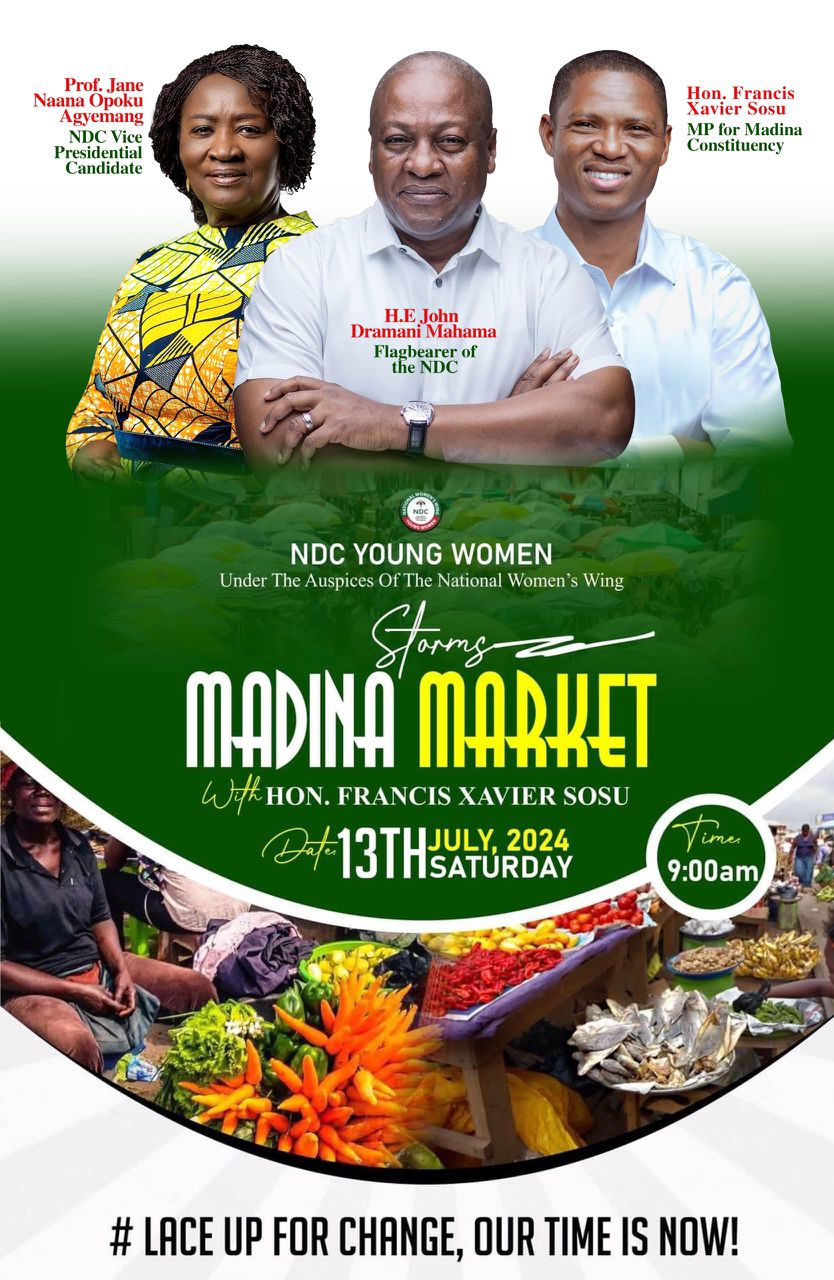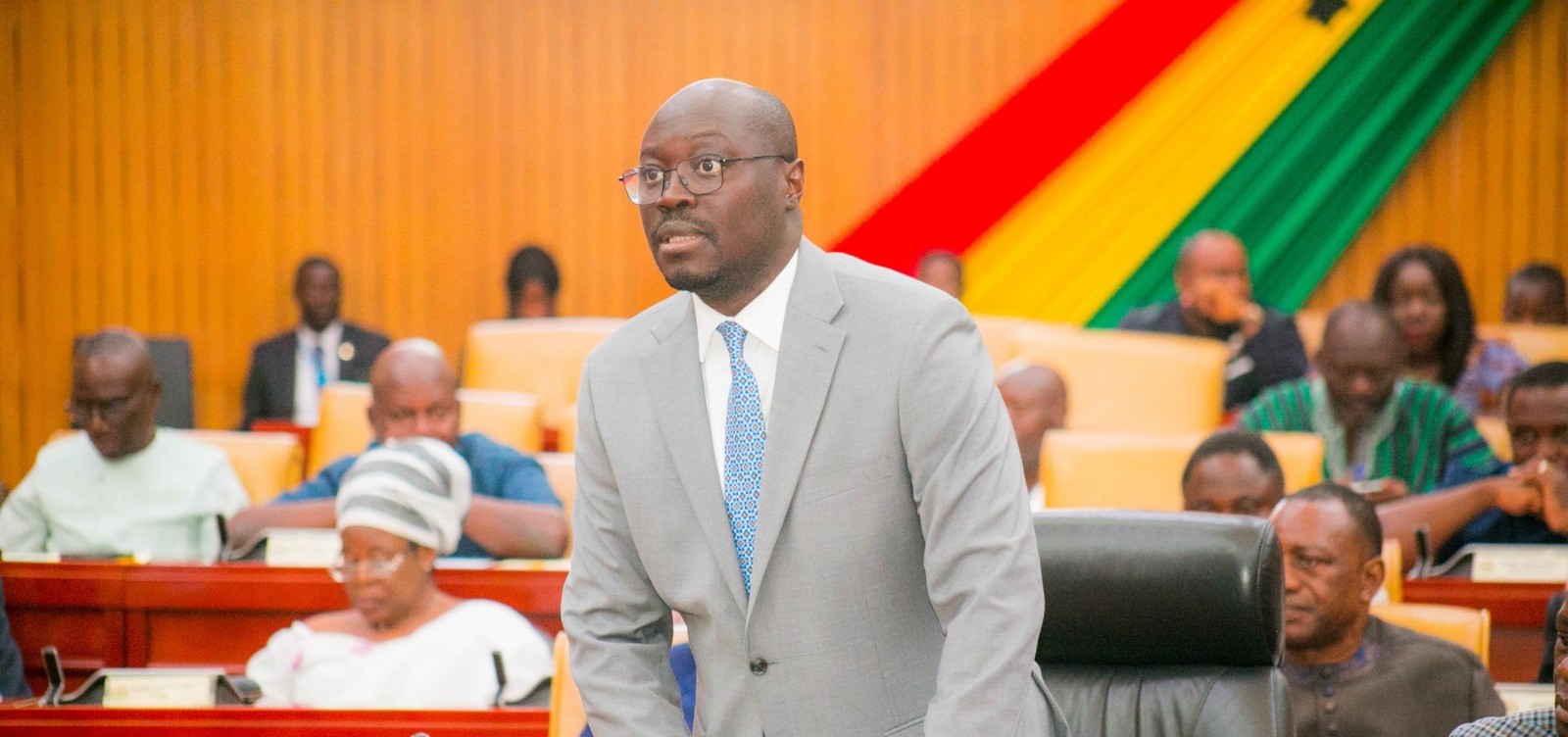The United Nations Children’s Fund (UNICEF) has applauded Ghana for what it describes as the move as a significant step toward sustaining child health and immunization coverage.
It follows Ghana’s fulfilled pledge on the payment of the country’s 2025 co-financing obligation of $24.5 million for vaccine procurement.
You will recall that Ghana increased its vaccine budget by 46%, as the West African country fully pays $24.5 million to Gavi. The government is expected to distribute hundreds of thousands of vaccine doses nationwide by August.
According to President John Mahama, Ghana aims to become a regional vaccine manufacturing hub.
Gavi has helped improve vaccine access in Ghana since 2000, vaccinating nearly 95% of children by 2023, official data shows.
In his six-month health sector report to the presidency at the Government Accountability Series on July 18, 2025, Health Minister, Kwabena Minta Akandoh highlighted that the budget hike signals the government’s strong commitment to protecting children’s health and preventing epidemics.
UNICEF in a statement has noted that the timely payment would help prevent vaccine shortages, maintain herd immunity, and strengthen Ghana’s broader health system.
“Ghana consistently and timely met its vaccine financing obligations until 2022, when post-COVID-19 economic challenges, rising co-financing requirements, and reduced fiscal space—linked to the country’s transition from Gavi support—led to delays,” the statement said.
According to UNICEF, the full payment marks a return to pre-pandemic levels of financial performance in vaccine procurement and is critical to ensuring uninterrupted vaccine supply and the introduction of new vaccines.
UNICEF’s Representative in Ghana, Osama Makkawi Khogali, praised the government for prioritising child health despite prevailing economic challenges.
“I am proud to stand with the Government of Ghana in celebrating this important milestone. Although post-COVID economic pressures led to delays in payments, this full payment reflects a commendable prioritisation of child health,” he said.
“By investing in immunisation, the government is ensuring that every Ghanaian child—regardless of location—is protected from vaccine-preventable diseases.”
In February 2023, Ghana was hit with shortage of routine vaccines for children. Health officials said the shortage of vaccines against polio, hepatitis B, and measles was caused by the depreciation of Ghana’s currency, the cedi.
The Pediatric Society of Ghana warned childhood diseases could quickly spread if the vaccines were not soon made available.
While UNICEF has commended government for the timely payment, it also urging sustained domestic investment in vaccine financing, especially as international development aid continues to decline.
The agency highlighted the long-term benefits of immunisation, stressing that preventing diseases is significantly more cost-effective than treating them.
“Investing in vaccines offers one of the highest returns in public health. Sustained investment today lays the foundation for a healthier, more resilient future generation,” UNICEF stated.
UNICEF is the world’s leading child rights organisation, working in over 190 countries and territories to protect and promote the health, survival, and well-being of children.





